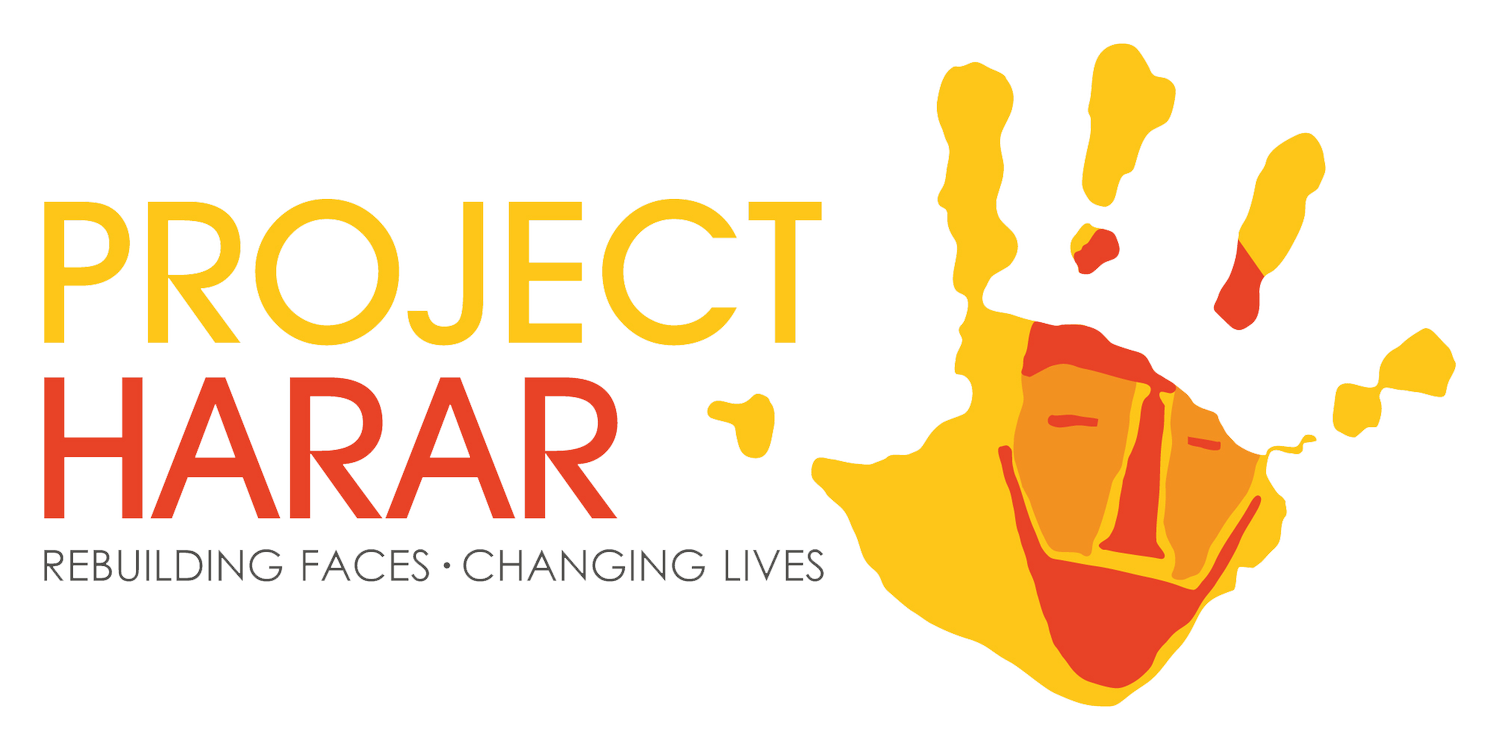Q&A Series – Amanuel Tafese
In this Q&A series we will be speaking with some of the people who help to drive the work of Project Harar. We had a chat with Project Harar Ethiopia's Executive Director, Amanuel Tafese, about his motivation to work for the charity.
Tell us a bit about yourself
I am a Public Health professional; I have an MBA with a specialty in Project Management. I have over 15 years of work experience at various capacities at different organisations, of which the last 5 years were at a senior management and leadership role. I have an all rounded knowledge and understanding of the operational environment in Ethiopia, and I am well informed on global development moves. I am result and system oriented with a high level of integrity.
What inspired you to work for Project Harar?
There are two major factors which inspired me to work for Project Harar Ethiopia (PHE); the services which are provided by the organisation is one reason – these are aimed at children and young people from low income families who mostly live in difficult to reach areas of Ethiopia, and then the organisations’ motivation for a positive difference to other people’s lives.
I am fortunate to come across quite a few of these game-changing people.
Tell us about your role as Executive Director of Project Harar Ethiopia
I have overall leadership and management responsibility for the organisation’s work in Ethiopia. I work closely with Project Harar in the UK (PHUK), the Ethiopian General Assembly, Ethiopian board members, Federal Ministry of Health, and other relevant stakeholders ensuring that the strategic objectives, operational agreement and standards of operations of PHE are aligned with donors and local authorities. I provide leadership in the implementation of PHE’s projects with funding from a diverse range of organisations. I am also responsible for developing and managing partnerships, mobilising new funding resources and ensuring that funded projects are implemented with high levels of compliance. I lead PHE staff, with direct supervision of some staff members.
What do you think are some of Project Harar’s best achievements?
To date, PHE has mobilized and treated nearly 9,000 beneficiaries from rural areas of Ethiopia who suffer from a range of conditions like Cleft Lip and Palate, Noma, tumours, burns and animal attacks.
PHE has engaged in the designing, printing and distribution of awareness raising materials and provides training workshops for community-based health extension and social workers.
PHE has established solid partnerships at all levels with relevant government sectors including the health, social and labour affair offices.
PHE has developed a well proven outreach program to identify patients, educate parents and collaborate and create awareness in government actors at all levels.
What are some of the challenges of working in development?
There are many challenges when working in development that one has to consider:
Limitation in the size and scope of operation which can affect the impact of development work
Financial and technical constraints
Specific concerns in specific locations
Lack of broader economic and social perspective
Lack of sound structure, system and sustainable strategies
Weak management, planning & limited accountability
Poor involvement of intended beneficiaries
Where do you see Project Harar Ethiopia going in the future?
Currently, we have an operational agreement with the Federal Ministry of Health of Ethiopia with the intention to serve beneficiaries across the country. Learning from this, we need to lay out a comprehensive model that can be scalable to other African countries in the future.
What are some suggestions you have for people who would like to pursue a career in public health?
Public health practitioners need to understand and practice the core functions of public health such as assessment, assurance and policy development aspects of the work, but above all, they need to engage individuals and groups within the population whose health is at issue.


